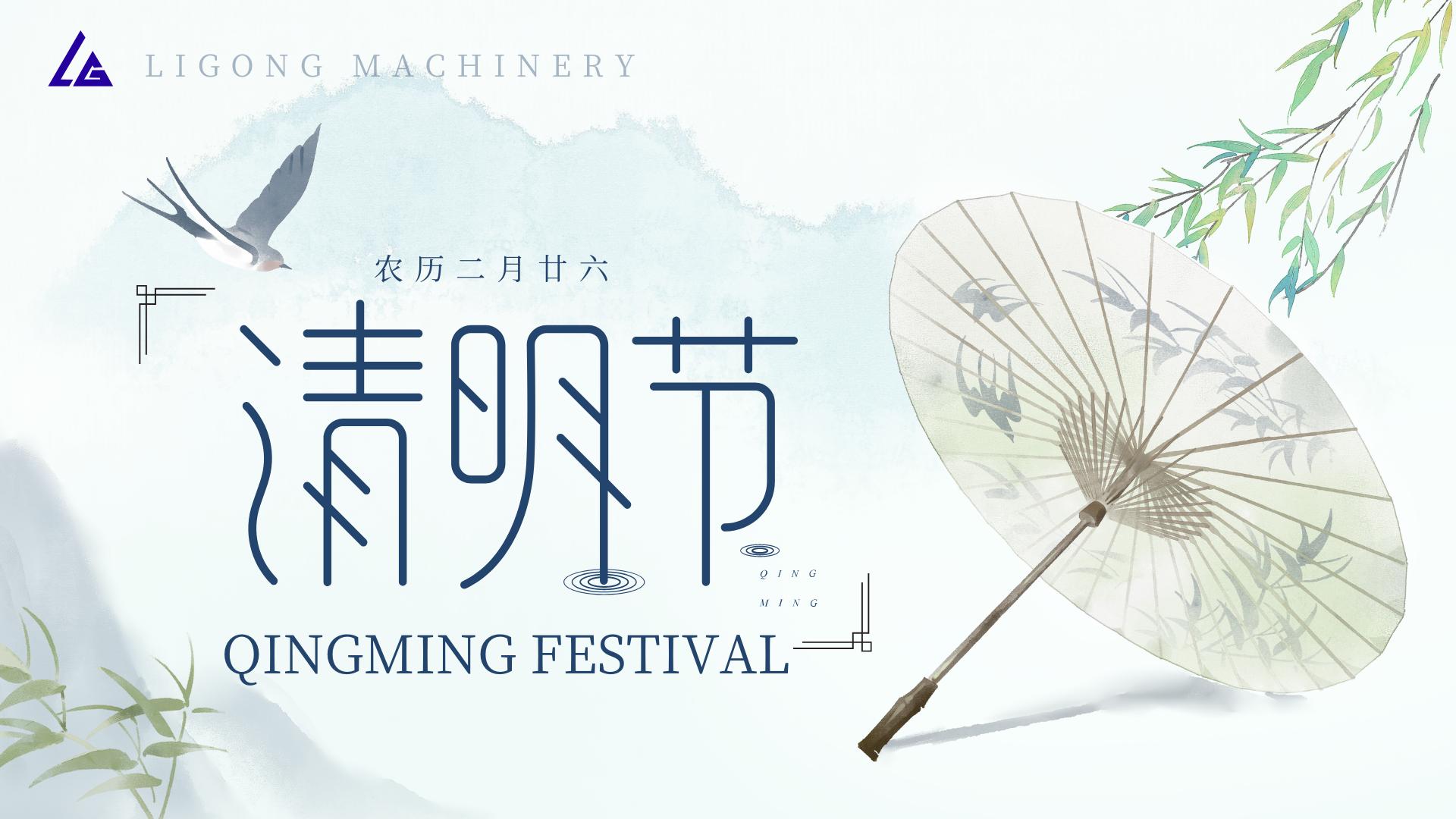QINGMING FESTIVAL
Qingming Festival, also known as Tomb-sweeping Day, is a traditional Chinese holiday with roots dating back over 2,500 years. Observed on April 4th or 5th of each year, it holds significant cultural and historical importance in Chinese society. The festival originated during the Zhou Dynasty (around 1046-256 BCE) and has since evolved into a time for families to honor their ancestors and remember the deceased.
The origins of Qingming Festival are intertwined with a legend from ancient Chinese history. It is said that during the Spring and Autumn Period (around 770-476 BCE), a loyal official named Jie Zitui served under Duke Wen of Jin. During a time of political turmoil, Jie Zitui sacrificed himself by burning to death in order to provide food for his starving prince, who was forced to go into exile. In mourning for Jie Zitui's sacrifice, the prince decreed that no fires were to be lit for three days. Later, when the prince ascended the throne as King, he established Qingming Festival as a day for paying respects to Jie Zitui and other loyal subjects.
In contemporary times, while Qingming Festival maintains its solemn undertones of honoring ancestors and remembering the past, it has also embraced modern activities that reflect changing lifestyles. Today, families often begin the day by visiting the gravesites of their ancestors to pay respects and offer prayers. However, beyond traditional rituals, Qingming Festival has become a time for leisure and outdoor activities.
Modern observance of Qingming Festival often includes outings to parks or scenic spots, where families can enjoy the blooming flowers and fresh spring air. Picnics, hiking, and flying kites have become popular ways to spend the day, providing opportunities for relaxation and bonding with loved ones. Additionally, culinary traditions play a significant role, with families preparing special foods and delicacies to share with each other.
Overall, Qingming Festival serves as a time for both reflection on the past and appreciation for the beauty of nature and the joys of family and community. It is a testament to the enduring cultural heritage of China, blending ancient customs with contemporary practices in a celebration of life and remembrance.















